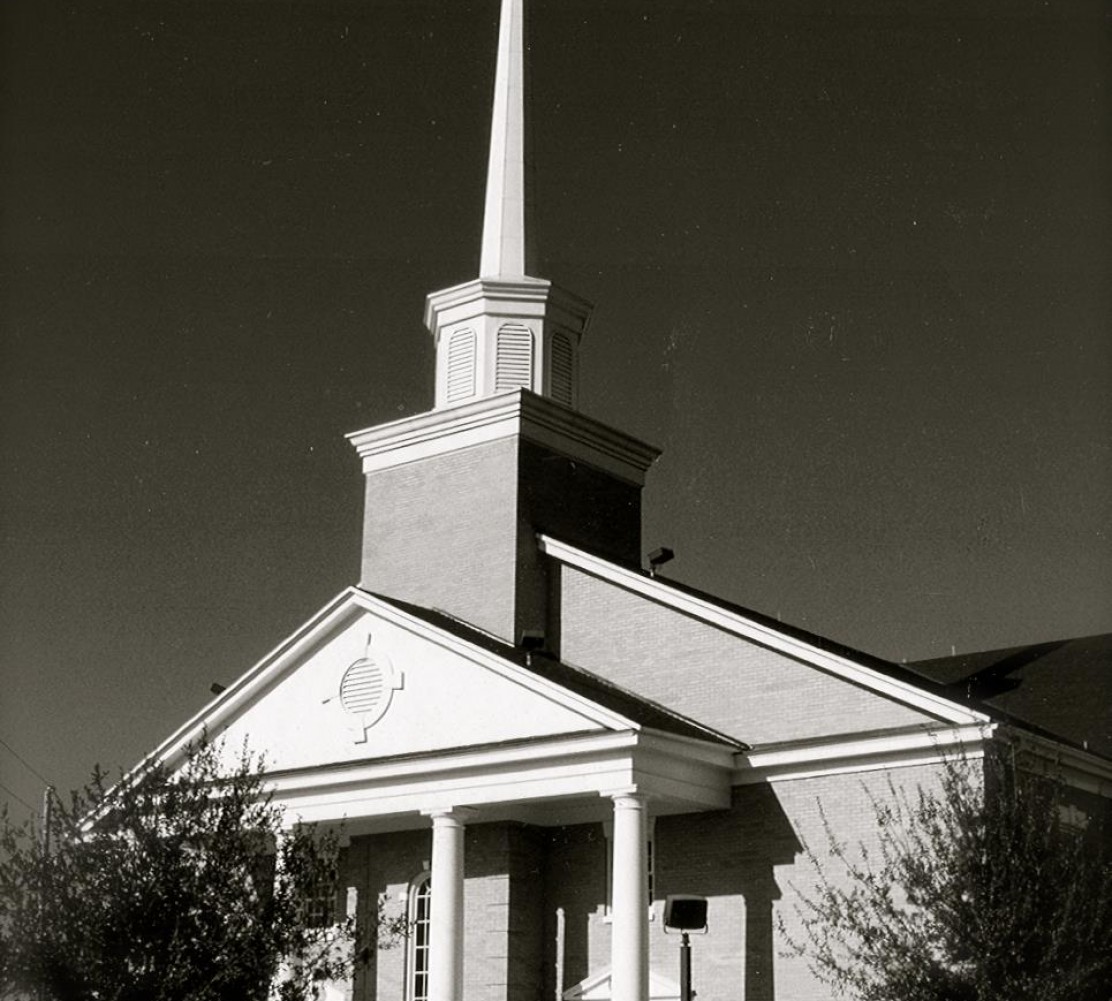I used this illustration in yesterday’s sermon. It comes from the story of the Emirates Airline plane crash in Dubai on August 3 of this year. The plane crashed while trying to land, catching fire and burning off its roof. Tragically, one firefighter died, although, in His mercy, God spared all 300 passengers and crew. Here’s the link to the story, including a video that was taken on board the plane while people were trying to escape:
http://www.bbc.com/news/world-middle-east-36963112
The most shocking and scary thing in this video is people halting their escape, in order to retrieve luggage from overhead compartments. Not only that, in their delay they are hindering the escape of other people! My passage yesterday was Matthew 24:15-35, where Jesus speaks of the coming destruction of Jerusalem (in 70 AD), as well as the tribulation that is still in our future. In that passage, He tells people to focus on what is most important. At the moment of danger, instead of going back into your house to get material things, RUN. Save your life. The message and application for us is clear: value your life and your soul over the things of this world. Don’t remain in the burning plane to get things that don’t matter!
The plane analogy can be taken a bit further, as well, to demonstrate our evangelistic mandate. On a plane, if you sit on the exit row, you are taking responsibility for saving the lives of those around you. You know the way out, and by sitting there you are committing to point people to that way. As Christians, we are sitting on the exit row! We know the only Way out of judgment (John 14:6) – through the mercy found in Christ’s cross. Value your soul above anything in this world, as well as the souls of others around you. Help them to find Jesus, Who is the only Way out of the fire of judgment.
This illustration could be used for any passage that deals with materialism, setting our minds on things above (Colossians 3), or evangelism.
Tags: Matthew 24, Matthew 28, John 14, 2 Corinthians 5, Colossians 3, Jude 22-23, Evangelism, Priorities, Materialism
